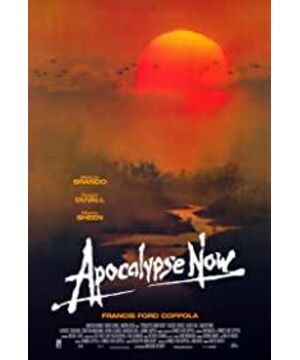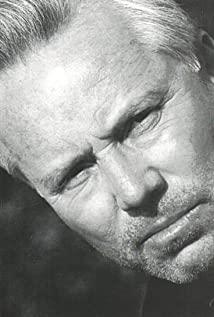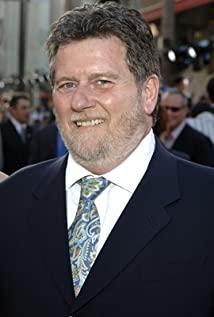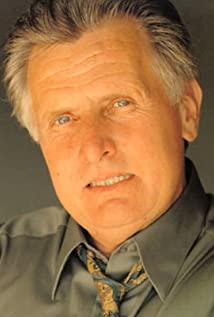I was preconceived. After reading the introduction, I thought it was a story about Colonel Coz leading a group of people to build an ideal country. I didn’t expect it to be a war road movie full of absurdity and satire.
In the story, everyone in the background of the war is crazy to varying degrees. When the male protagonist first came to participate in the Vietnam War, all he thought about was going back to his home in the United States, but when he actually went back, he found that there were no more in the United States. Home, so he longed to return to the battlefield, he began to regard the battlefield as his home, the place where he could prove his existence, the meaning of his life, and the place to rely on. He had mixed feelings about the homesickness of the fledgling lads on the boat, which he wanted to tell them was pointless without dashing their hopes.
We don't see a rational war in the story, no command, no strategy, no layout, no one to explain to us why this is a war started - that is, the meaning of war; no one to explain to us every battle The reason for the launch—that is, the purpose of the battle. A meaningless war and repeated aimless battles made the battlefield a place for everyone to vent their inner madness. American colonels surf on the battlefield, use helicopters to search the world for a surfboard; labor unions, etc.
All the madness is telling us that no matter how human beings develop in science and technology, no matter how human civilization progresses, everything is only based on human beings who have not changed for thousands of years. Human beings, except for the increase in life span, we are no different from the ancients a thousand years ago, and we can still do things according to the code of conduct in the "Analects of Confucius". This also means that all the huge modern civilizations are built on the fragile and vulnerable spirit of human beings. When we face the most brutal wars, such fragility will become more and more apparent, and ultimately destroy the human heart.
Will the protagonist imagine, like me, that Colonel Coz built an ideal country? I have no idea. When he finally arrived in the Kingdom of Coz, what he saw was still absurd, a primitive tribe. Like Coz, the protagonist began to gradually become psychedelic, but he finally maintained the last trace of rationality and killed Coz. Z, left after bombing the Kingdom of Coz.
I have to say that the art works about war created by American directors are indeed very good. What they are amazing about is that they define how war movies should be made and how to distinguish the depth and pros and cons of war movies.
Exposing human nature is the theme of American war movies. American literary works take this theme to the extreme. The specific manifestations are the psychological trauma suffered by the soldiers in the war, the kindness and decisiveness to the enemy, the kindness to the old and young, the sick and the disabled, and the reflection on the harm caused by the war to human beings.
However, as to how and why the war was started, these most fundamental reasons have been ignored. Without thinking about it, the above-mentioned exposing human nature is essentially a trick to highlight the small good from the great evil. Invading other people's countries, protecting the enemy's old, young, sick and disabled in the middle of the invasion does not prove that you are a good person, showing the backwardness and ignorance of the enemy's civilization and then comparing yourself to take care of the old and the weak does not prove that you are a good person, but some people I always eat this set, and when I see such details, I feel that the aggressor is a great man. It is obviously inappropriate to use such a theme as the evaluation standard for all war movies.
For example, I could make a movie like this.
During World War II, in a small town under the Nazi rule of Germany, there was such a kind old mayor. One day, he received a notice asking him to register all the Jews and send them to a concentration camp. Where is it? He carefully registered the local Jews, sorted out their relatives, went door-to-door to persuade the Jews to enter the concentration camp, and thoughtfully prepared items for them to use on the road. He carefully helped the grandmother on the train. In order to make the road less difficult, he bought a soft chair for the grandmother at his own expense. Under his careful care, the town where he lived became the only model school that sent all the Jews to a concentration camp. Town, the old mayor looked at the report in the newspaper praising his achievements, and smiled gratified.
View more about Apocalypse Now reviews











